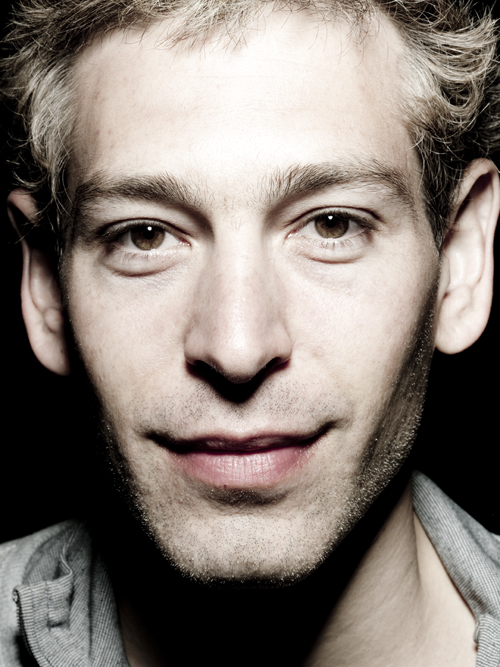Uncovering the Crown Within | King Without A Crown | Matisyahu

Matisyahu's "King Without a Crown" is a thought-provoking song that explores the themes of identity, spirituality, and the human quest for meaning and purpose. Released as the lead single from his 2004 debut album "Live at St. Ann's," the reggae-infused track became an instant hit, reaching number one on the Billboard Top Modern Rock Tracks chart.
The song opens with Matisyahu expressing his frustration and confusion over societal expectations and the pressure to conform: "I used to wear a crown / Now I wear no clothes / I used to roll with the in crowd / But I'm just a lonely soul." This passage highlights the artist's sense of disillusionment and longing for authenticity and self-discovery.
The chorus, featuring Matisyahu's distinctive vocal delivery, declares: "I'm a king without a crown, I'm a free man / Free to breathe in, free to breathe out / In this life I'm living now." The lyrics convey the idea that true freedom and fulfillment come from within, rather than being bestowed upon us by external sources or societal labels.
The second verse delves deeper into Matisyahu's spiritual journey: "I used to pray for rainy days / Now I pray for sunny days / 'Cause when it rains it's a pain in the face / But when it shines everything's okay." This passage showcases the artist's growth and his recognition of the beauty and blessings that life presents, even during difficult times.
Throughout "King Without a Crown," Matisyahu employs reggae music to express his messages of self-discovery, spirituality, and personal freedom. The genre's laid-back, introspective vibe complements the song's themes and adds to its overall appeal. Additionally, the use of poetic language and metaphors further enhances the track's emotional resonance and depth.
In conclusion, "King Without a Crown" is a powerful and evocative song that encourages listeners to embark on their own journeys of self-discovery and personal growth. Through its poignant lyrics and infectious reggae beat, the track invites us to reflect on our own lives, question societal expectations, and reconnect with our inner selves.

